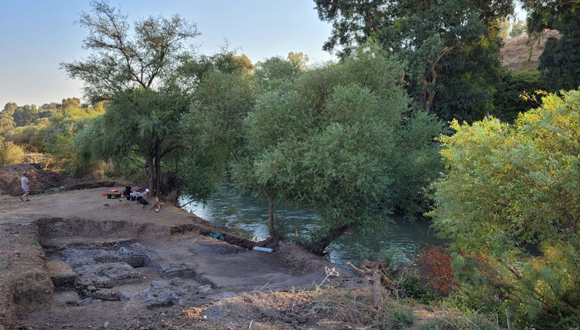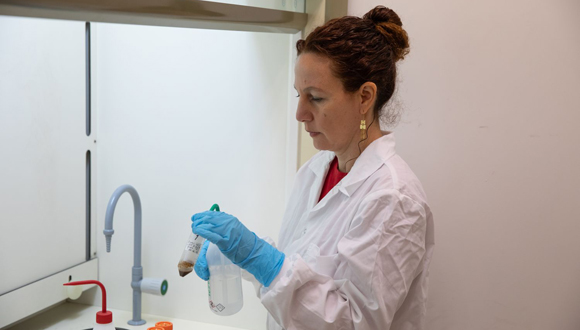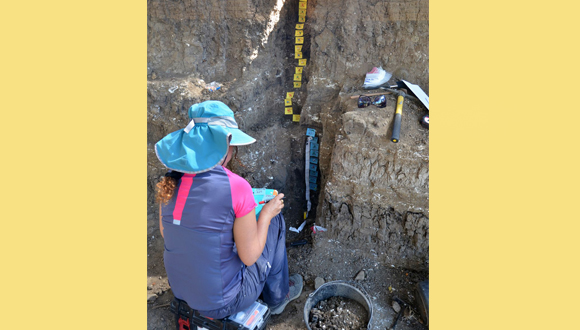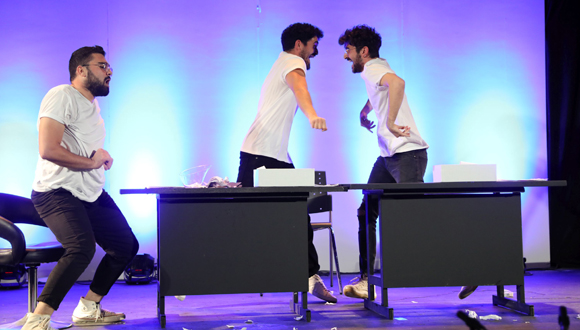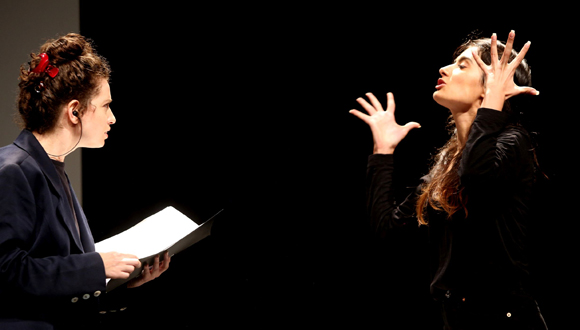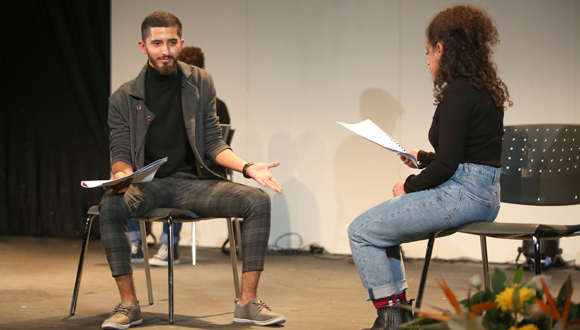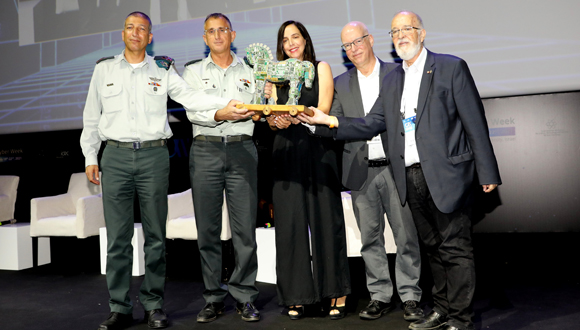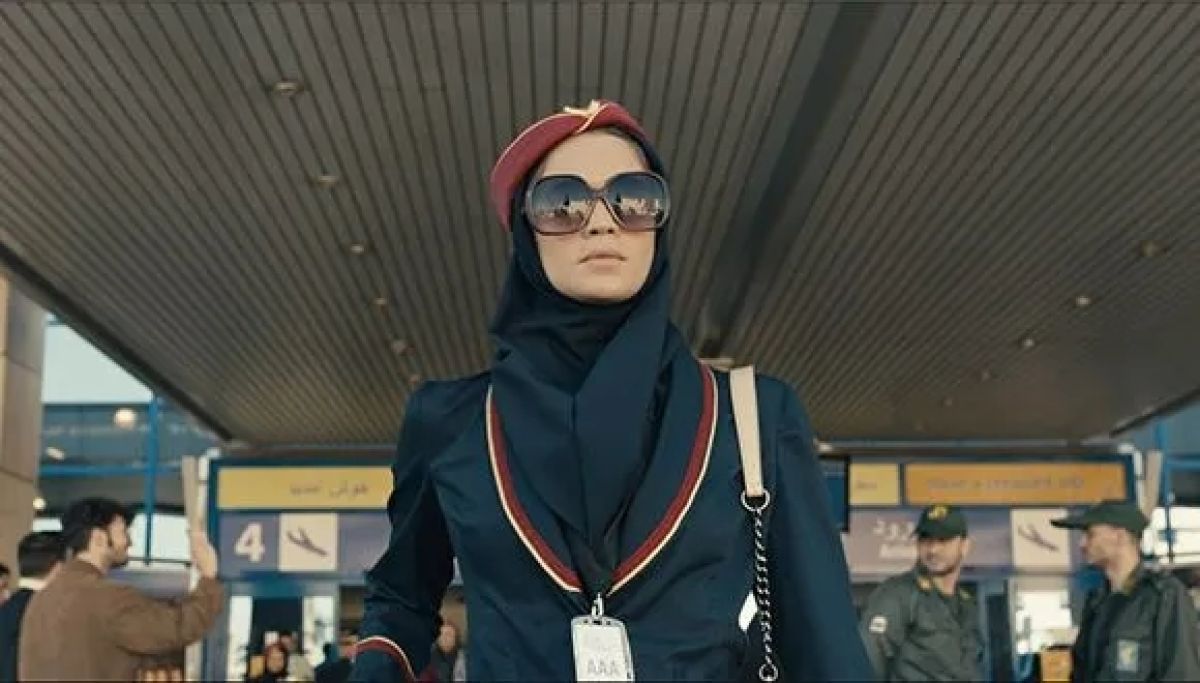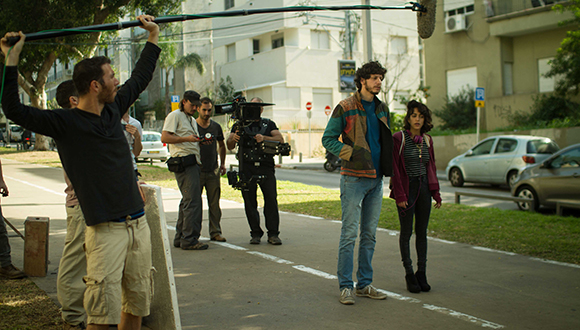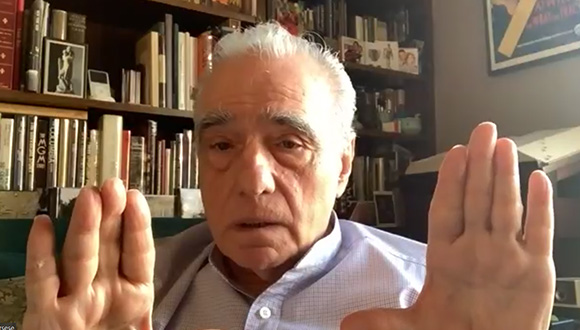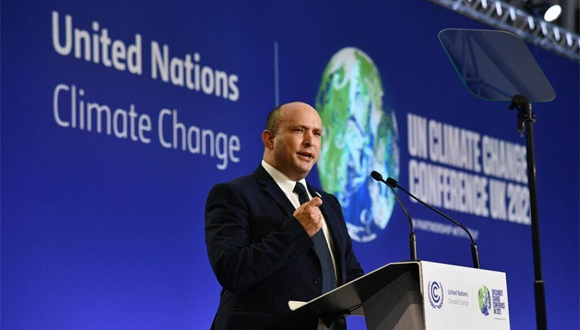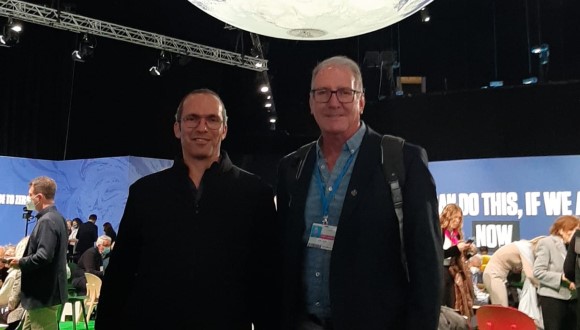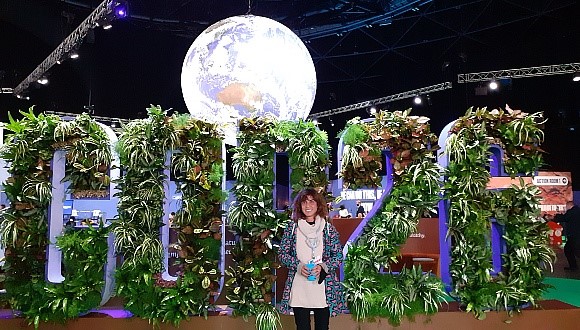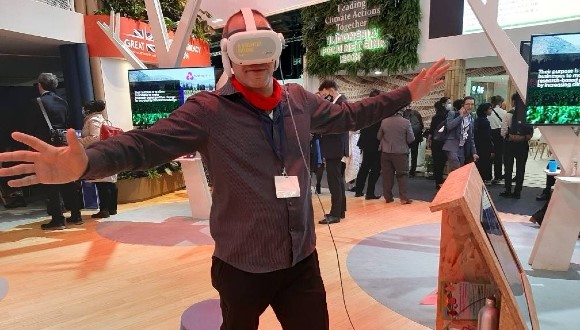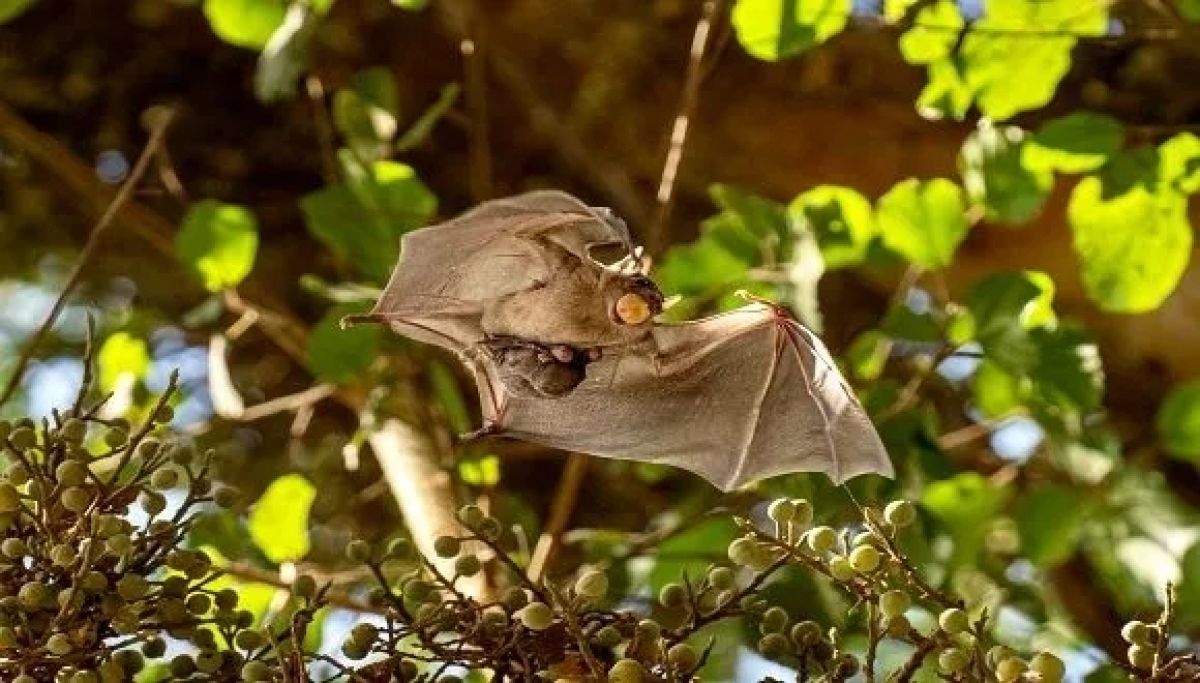TAU Experts on Omicron: “Don’t Panic”
Our COVID-19 researchers weigh in on the latest strain.
As scientists race to understand the newest Omicron variant of COVID-19, Tel Aviv University experts share insights—largely reassuring—on the situation. The latest coronavirus strain dominating headlines was first discovered in South Africa in November. Cases have since emerged around the globe, including in Israel. Under the auspices of TAU’s Center for Combating Pandemics, dozens of teams across campus are contributing to global efforts to understand and combat the pandemic. Here is what they are saying about Omicron:
“Keep Calm and Carry On”— with Protection
Amid the media maelstrom and uncertainty surrounding Omicron, Dr. Oren Kobiler of the Sackler Faculty of Medicine proscribes the popular adage “keep calm and carry on.”
“It is best not to panic over Omicron,” he says. “This new variant will not change the entire dynamic of the disease. Vaccine efficacy against severe illness was maintained against all variants so far, and it is unlikely that their efficacy will decrease against this variant.”
From a biological and virological perspective, he notes that the Omicron variant is unique and needs further examination. However, the best thing for the general public to do is get fully vaccinated and wear masks.
“The worst-case scenario is that we will face another wave of infection, but that should not lead to higher rates of mortality due to current vaccination rates,” he says.
Kobiler, a virology expert, says that Israel is among countries with the highest rates of COVID-19 booster vaccination among its population. “Several immunological studies indicated that this gives us an edge for fighting new variants.”
“Until everyone is vaccinated, though, we will keep seeing more mutations and variants,” he stresses, adding that widespread inoculation is particularly critical in developing countries where infection and mortality rates are significantly higher than in wealthier nations.
Get Booster Shots ASAP
 Prof. Eran Bacharach
Prof. Eran Bacharach
The emergence of the Omicron variant has raised questions about the efficacy of booster shots in their current form as opposed to revamped inoculations that may emerge in the future.
Prof. Eran Bacharach, of the Wise Faculty of Life Sciences and a member of the Israeli Ministry of Health’s COVID-19 Vaccine Advisory Team, implores the public to get third injections as soon as possible of COVID-19 vaccines rather than waiting for new versions that may be better formulated to target Omicron.
“It will still take at least several months before new versions of COVID-19 vaccines are available on the market,” says Bacharach, the head of the molecular virology lab at the Shmunis School of Biomedicine and Cancer Research.
Prof. Adi Stern, also of the Shmunis School, echoes Kobiler and Bacharach’s calls, adding that until there are updated vaccines, additional new variants will likely emerge. She explains that the spread of infection within a population—or “chain of infection”—is what enables the development of mutations and variants.
“Inoculation, even with vaccines that aren’t specifically formulated to target a certain strain, is the only thing that will break these ‘chains of infection’ and prevent the emergence of new variants,” says Stern, whose lab has been studying the evolution of SARS-CoV-2, now including the origin and behavior of the Omicron variant.
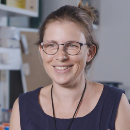 Prof. Adi Stern
Prof. Adi Stern
Furthermore, she notes that current vaccines are based on the original wild-type strains seen early in the pandemic. “These vaccines have proved effective thus far in protecting against severe disease and death from existing variants, including the Delta strain. Considering all this, it’s much better to be vaccinated now to promote individual and herd immunity.”
Minding the Balance
Between “pandemic fatigue” and hyperbolized fears stoked by some officials, the latest variant outbreak renews questions about how to manage the situation. To avoid spurring panic, Dr. Bruria Adini cautions that public officials should not jump to conclusions about the severity of the Omicron variant when addressing the public.
“The public needs to be a full partner in the pandemic response. If officials lose the public’s trust, the situation will deteriorate,” says Adini, head of the Department of Emergency and Disaster Management in the School of Public Health, Sackler Faculty of Medicine.
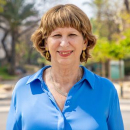 Dr. Bruria Adini
Dr. Bruria Adini
Adini, who has been conducting long-term studies of COVID-19 since March 2020, surveys the public every few months to gauge their emotional status and level of resilience over time. Her research continuously incorporates new developments that contribute to public perceptions, such as the risk versus reward of vaccinating children.
“It could be Omicron today or a new variant tomorrow, but we’ll live with COVID-19 for at least the near future,” she says.
One of the main concerns countries need to manage now is the prevention of healthcare system overloads.”Strengthening the capacity of medical systems with measures such as more ICU and internal medicine beds will foster more public resilience, which my research has found to be the greatest predictor of behavior such as agreeing to get vaccinated,” she says.
As opposed to earlier in the pandemic, she notes that the public and governments have shifted their mindset toward coronavirus. She points to the lessening of widespread lockdowns and closures of workplaces and schools amid each new development as a positive indication of evolving pandemic responses.
Select Omicron media coverage featuring TAU experts:
- Prof. Jonathan Gershoni & Dr. Oren Kobiler: What is the new COVID Omicron variant? Here’s what we know (The Jerusalem Post)
- Prof. Jonathan Gershoni: Israel on High Alert over Omicron Variant (i24 News)
- Dr. Oren Kobiler: Biggest Change Since COVID Started’: What’s Omicron and How to Beat It, per This Israeli Expert (Haaretz)
- Dr. Oren Kobiler: Israel bans arrivals from Africa over omicron variant (i24 News)
- Prof. Adi Stern: ‘Overwhelming’: Israeli virus sleuth researchers work flat-out on Omicron puzzle (The Times of Israel)



